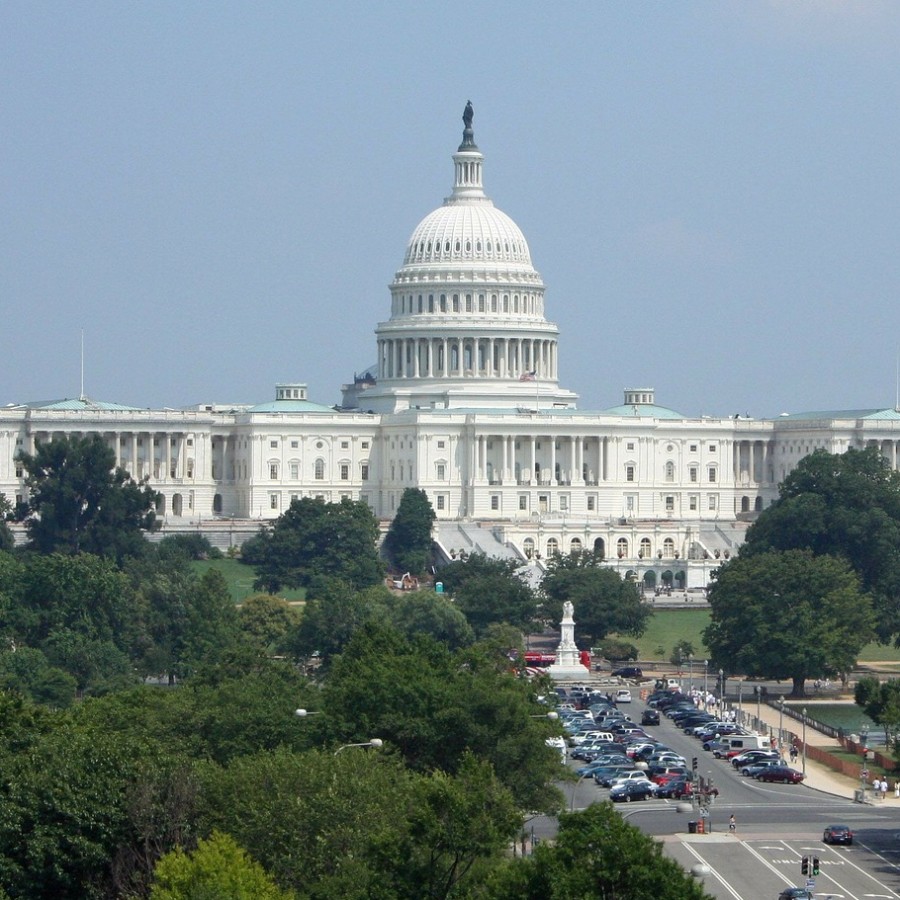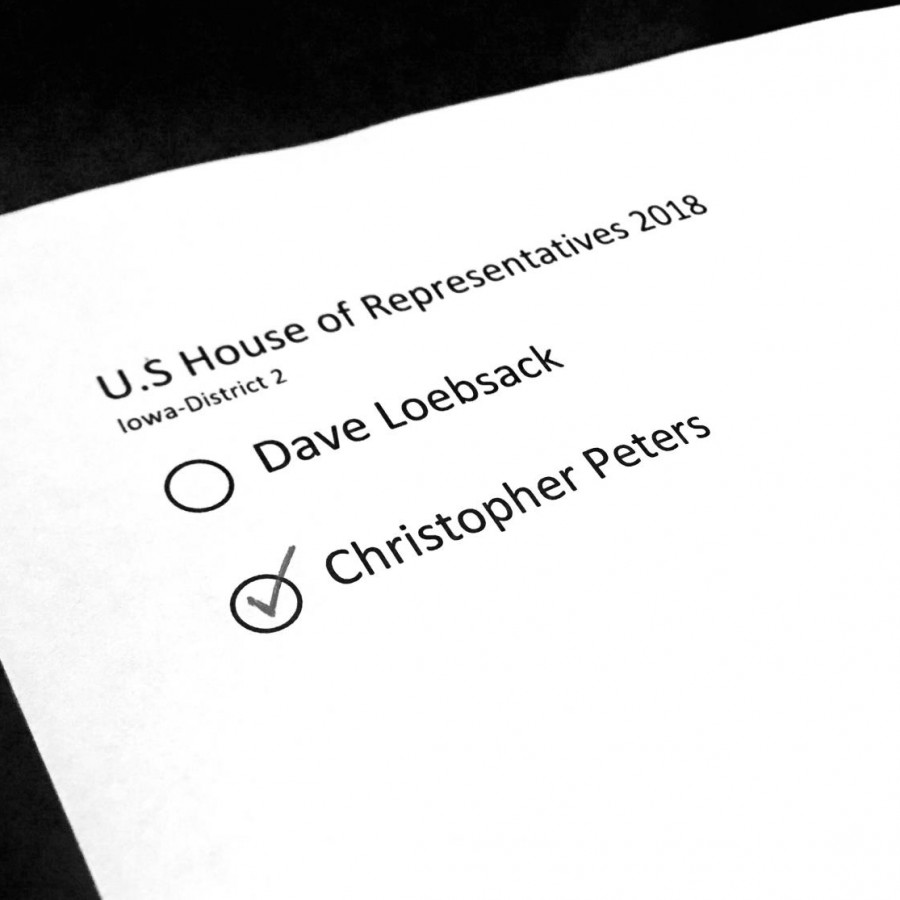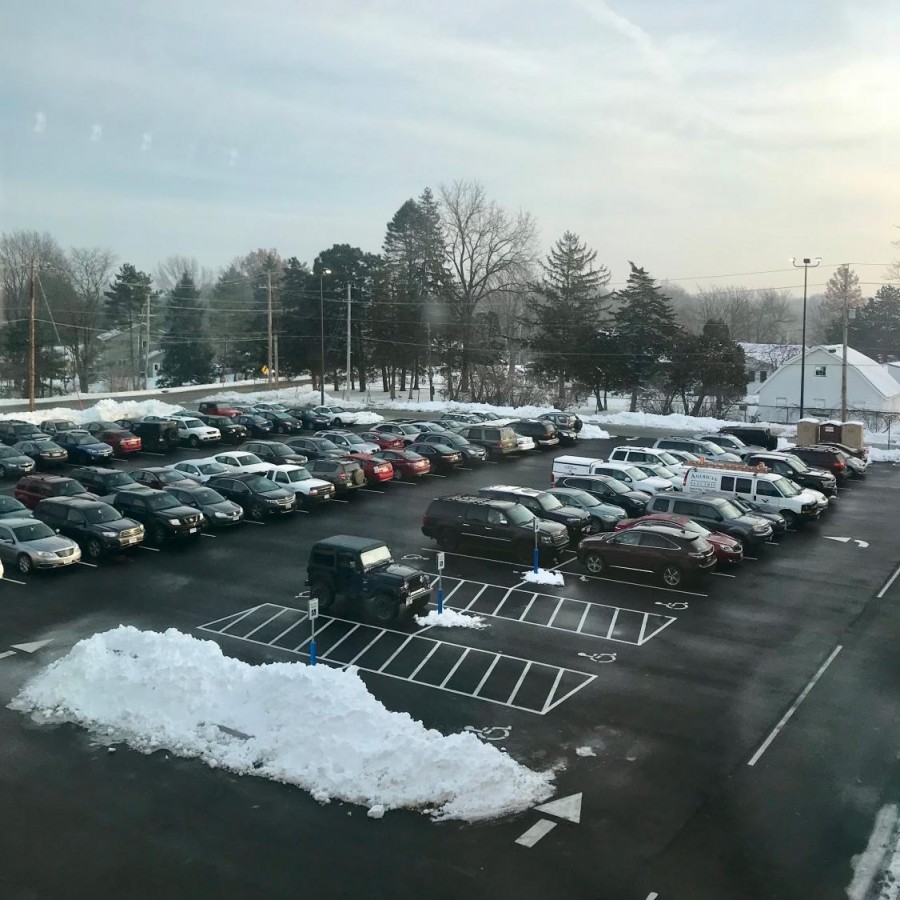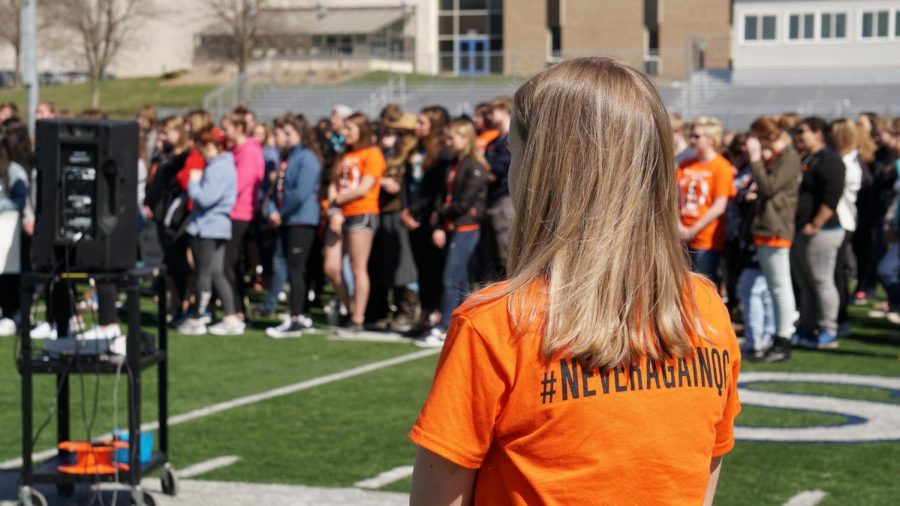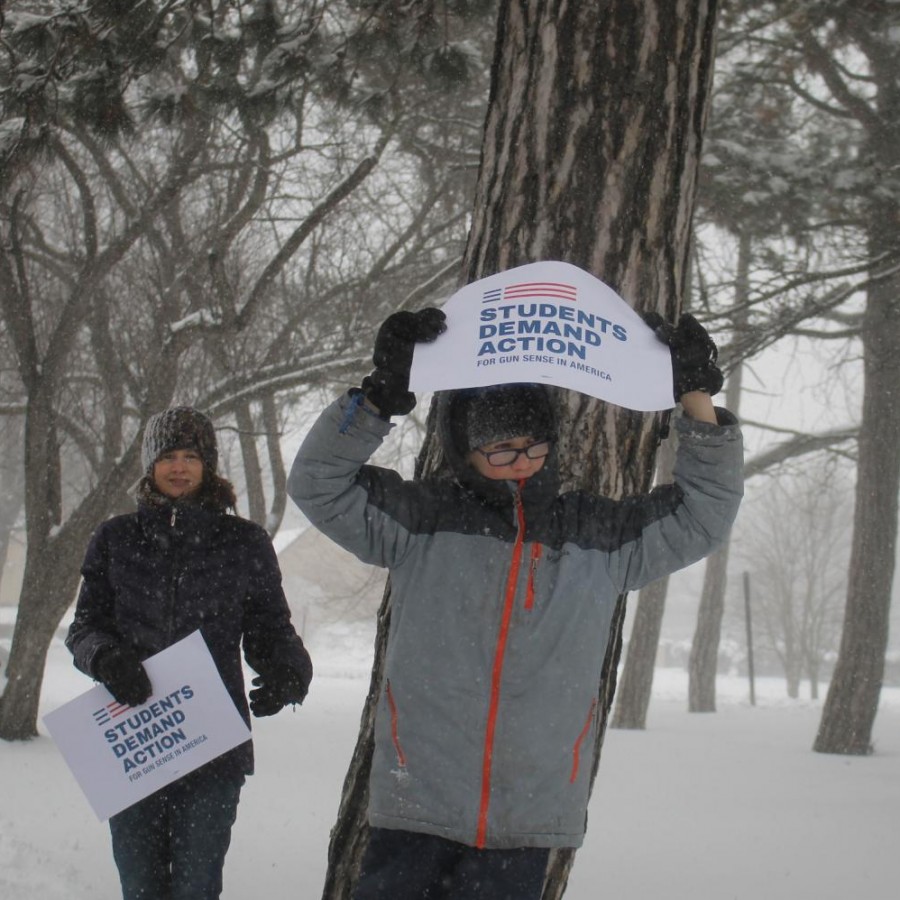Since the onset of the Syrian Civil War in 2011, the United Nations High Commissioner for Refugees (UNHCR) has identified nearly five million displaced people. Debate throughout the world, and especially in the US, has centered on what exactly to do with this mass influx of refugees seeking a new life outside of war-torn Syria. We should welcome them with open arms; it’s our responsibility as Americans and as human beings.
Central to the opposition for allowing refugees into America is fear of Paris-esque terror attacks on home soil. In reality, refugees, especially those hailing from Syria, are vetted more than any other immigrant before arriving in the US. The vetting process begins with refugees applying for resettlement with the aforementioned UNHCR, which conducts interviews and gathers documents before recommending refugees for resettlement. Less than one percent of refugees are recommended by the UNHCR for resettlement.
Once recommended for resettlement to the US (refugees don’t get to choose where they are resettled), nine different government agencies, including the FBI, the Department of Homeland Security, and the State Department, complete the most rigorous and intensive vetting process of any traveler to the US, according to the White House. This process includes multiple interviews, biometric security checks, and background checks that examine any and all connections an applicant may have with terrorists. This process takes up to two years and represents the highest possible level of scrutiny the US government gives towards any immigrants. It would be much easier for a potential terrorist to enter the country by, for example, just applying for a green card.
Contrary to popular belief, multiple sources including the International Monetary Fund have proven that migrants and refugees actually improve the economies of the countries they immigrate to. The Migration Policy Institute has also shown that of the 784,000 refugees admitted to the US since 9/11, only two people have been arrested for terrorist activities, and neither of those people were responsible for harming anyone. That’s a rate significantly lower than the percentage of American citizens arrested for terrorism.
Regardless of the potential risks, accepting refugees is our ethical responsibility, as it is for all wealthy countries around the world. This nation was built on immigrants, on those fleeing persecution and war. Turning our backs on those who need us most is as hypocritical as it is cruel and unworthy of a nation that claims to be a force for good, for justice, for compassion.
In 1939, a boat with nearly a thousand German citizens fleeing Nazi Germany arrived in Miami. They were Jewish. Anti-immigrant and anti-refugee rhetoric in America was abundant, as it is today. Franklin Roosevelt sent them back. You can finish the story. Let’s not repeat mistakes of the past. Accepting refugees from war-torn countries is our moral prerogative.


